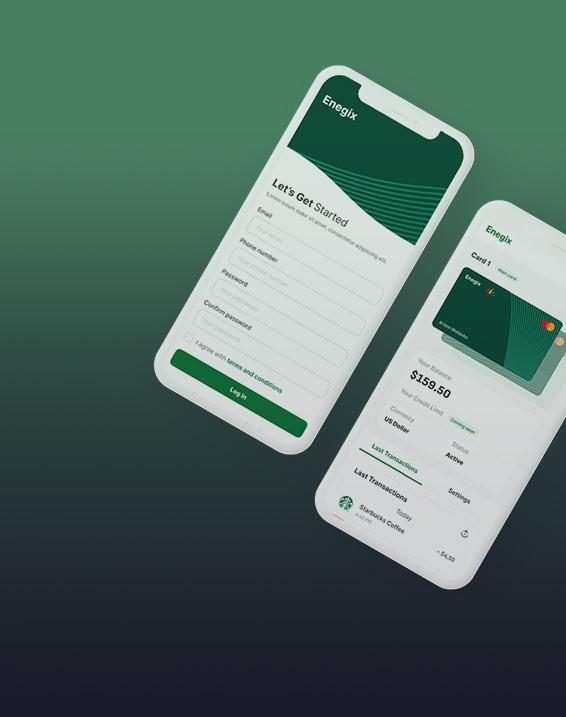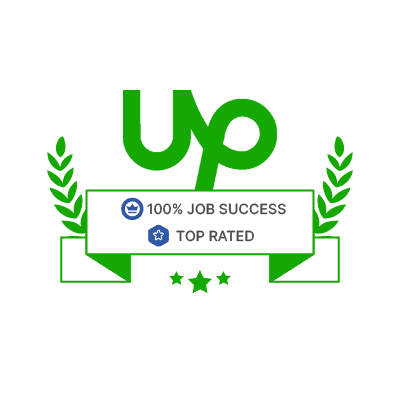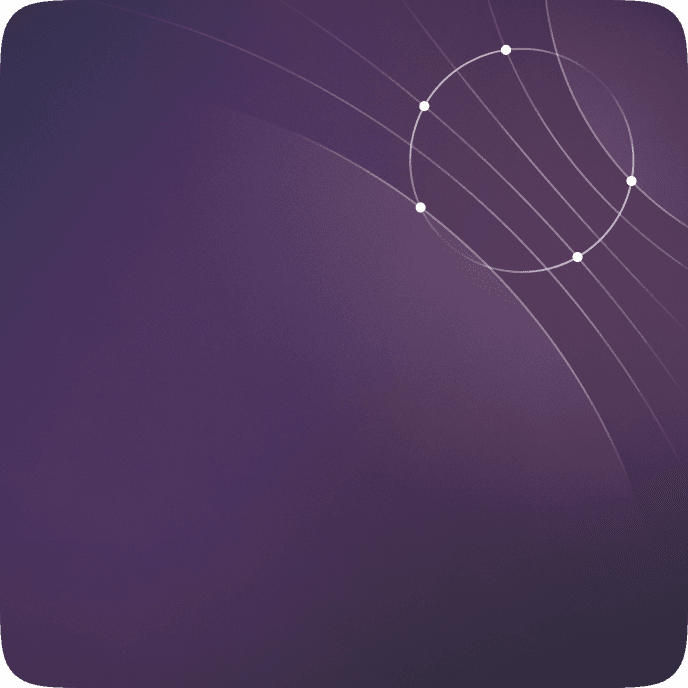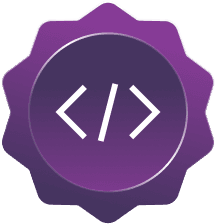Improved Patient Engagement and Experience
Mobile health app bridges the gap between healthcare providers and patients, offering features like appointment scheduling, telemedicine, and health tracking. This improves patient involvement and enhances overall healthcare quality for healthcare organizations.
Real-Time Health Monitoring
With mobile health applications, healthcare providers can monitor patient data in real time, leading to proactive care and timely interventions. Real-time insights are crucial for chronic disease management, preventive care, and effective medical device integration.
Better Data Access and Decision-Making
Immediate access to healthcare data through mHealth solutions allows healthcare professionals to make well-informed decisions. Integrating medical records with mobile applications simplifies data retrieval, streamlining medical software development and enhancing clinical decision-making.












































